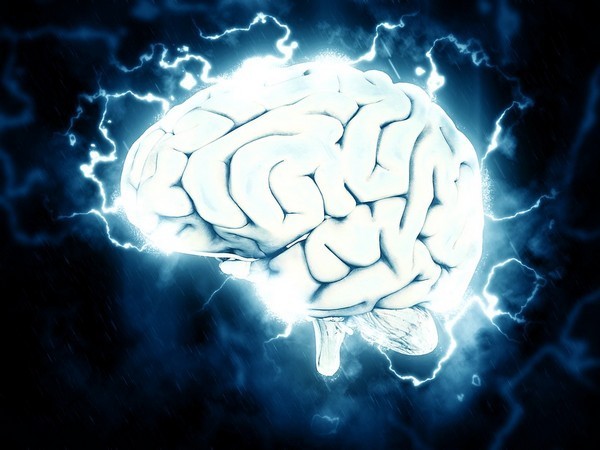Washington: A person’s early adult general cognitive ability (GCA) is a stronger predictor of cognitive function and reserve later in life than factors such as higher education, occupational complexity or engaging in late-life intellectual activities, a new study, published in PNAS finds. GCA is the skill set that includes reasoning, memory and perception.
Better education and late-life intellectual activities have been associated with reduced risk of dementia and sustained or improved cranial ability to improvise and find alternate ways of getting work done and may help people compensate for other changes associated with aging.
An international team of scientists, led by researchers at University of California San Diego School of Medicine sought to understand whether being in a more complex job helps maintain cognitive abilities, or do people with greater cognitive abilities tend to be in more complex occupations.
The researchers evaluated more than 1,000 men participating in the Vietnam Era Twin Study of Aging.
Although all participants were veterans, nearly 80 per cent of them reported no combat experience. All of the men, now in their mid-50s to mid-60s, took the Armed Forces Qualification Test at an average age of 20.
The test is a measure of GCA and as part of the study; researchers assessed participants’ performance in late midlife, using the same GCA measure, plus assessments in seven cognitive domains, such as memory, abstract reasoning and verbal fluency.
The study found that GCA, at age 20 accounted for 40 per cent of the variance in the same measure at age 62, and approximately 10 per cent of the variance in each of the seven cognitive domains.
After accounting for GCA at age 20, the authors concluded, other factors had little effect.
It turned out that lifetime education, complexity of job and engagement in intellectual activities each accounted for less than 1 per cent of variance at average age 62.
Speaking about it, first author William S.Kremen, said, “The findings suggest that the impact of education, occupational complexity and engagement in cognitive activities on later life cognitive function likely reflects reverse causation.”
He further added, “In other words, they are largely downstream effects of young adult intellectual capacity.”
In support of that idea, researchers found that age 20 GCA, but not education, correlated with the surface area of the cerebral cortex at age 62.
The authors emphasised that while education is clearly of great value and can enhance a person’s overall cognitive ability and life outcomes, by early adulthood, education’s effect on GCA appears to level off, though it continues to produce other beneficial effects, such as broadening knowledge and expertise.
[source_without_link]ANI[/source_without_link]

